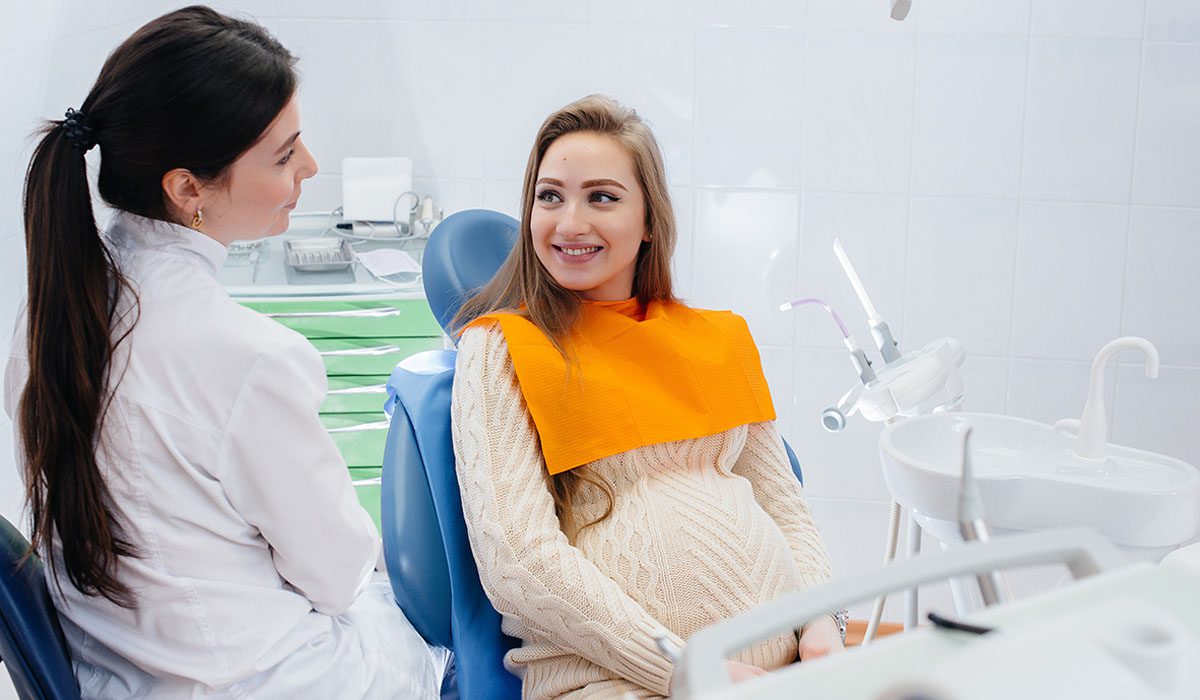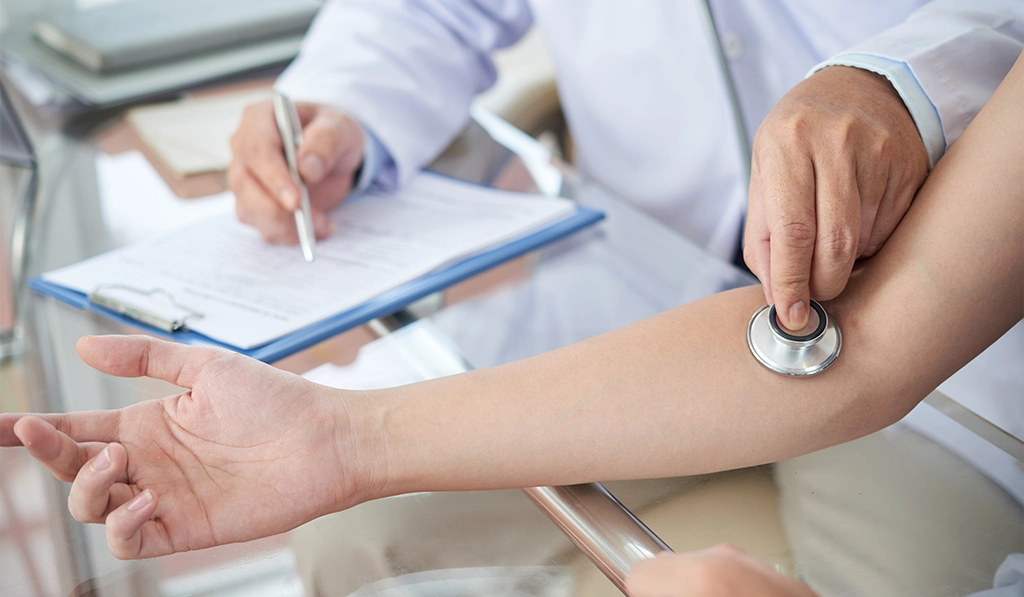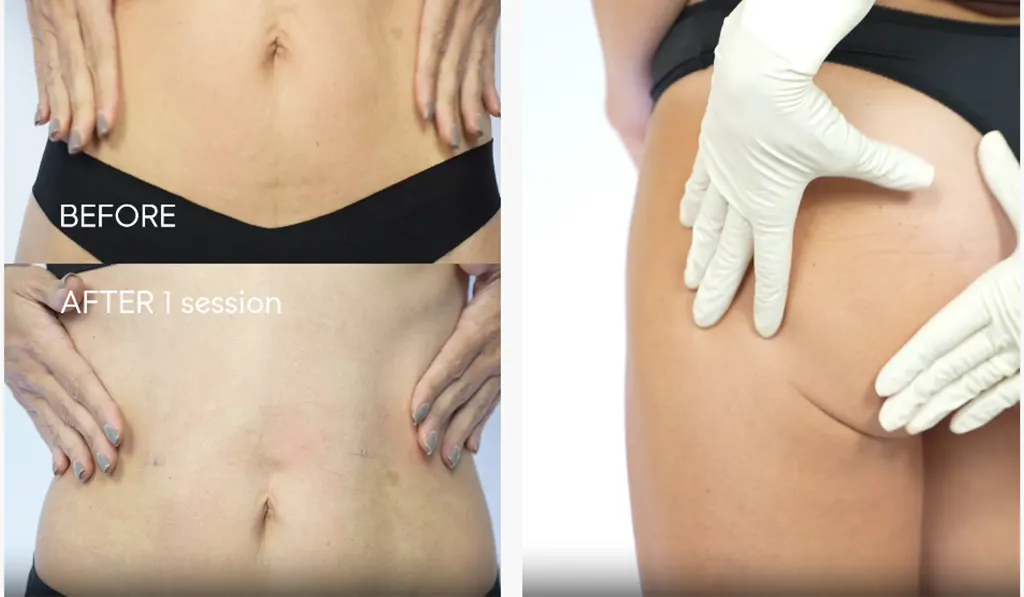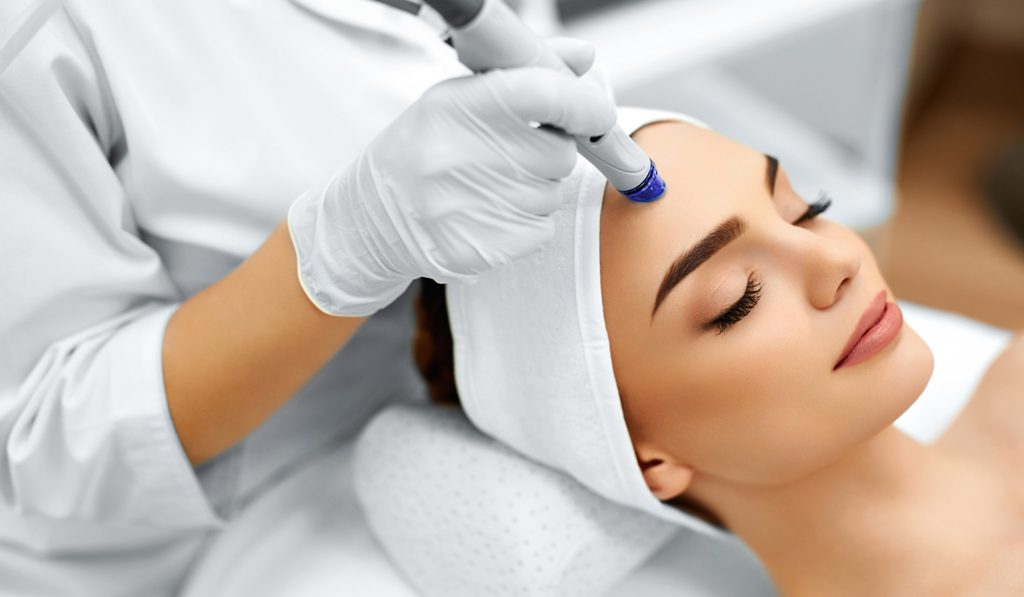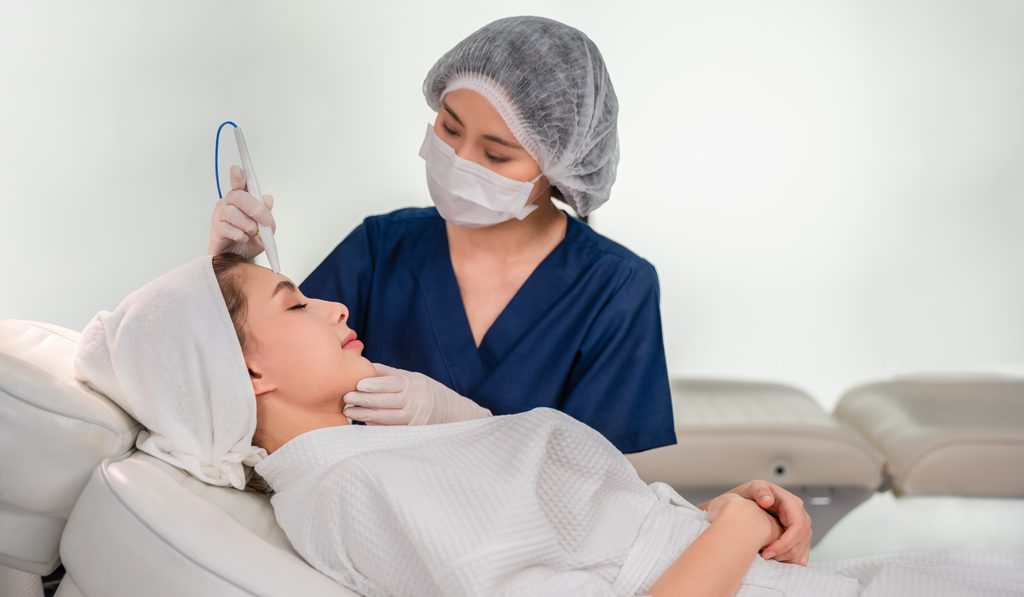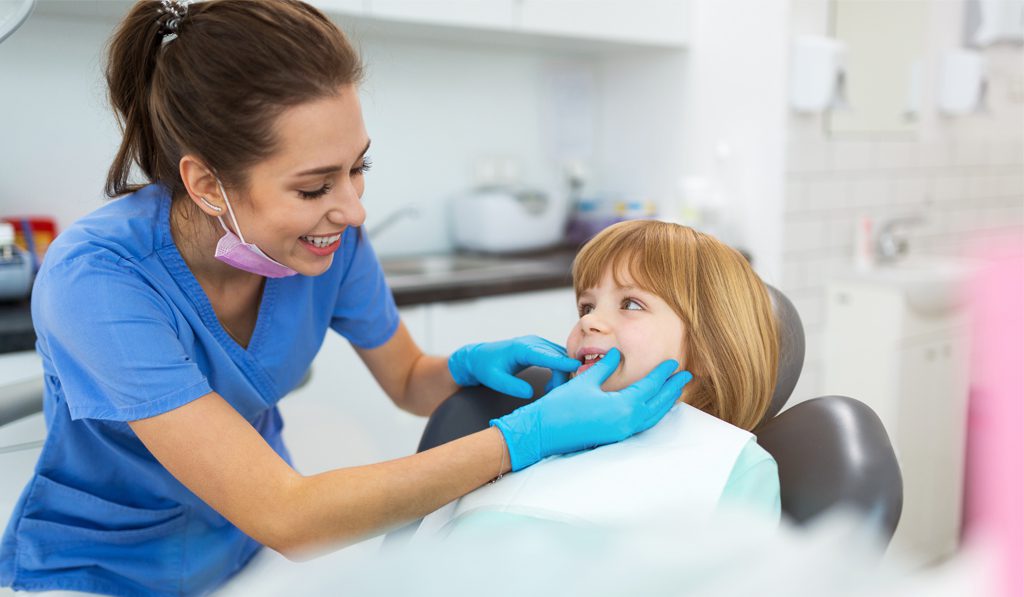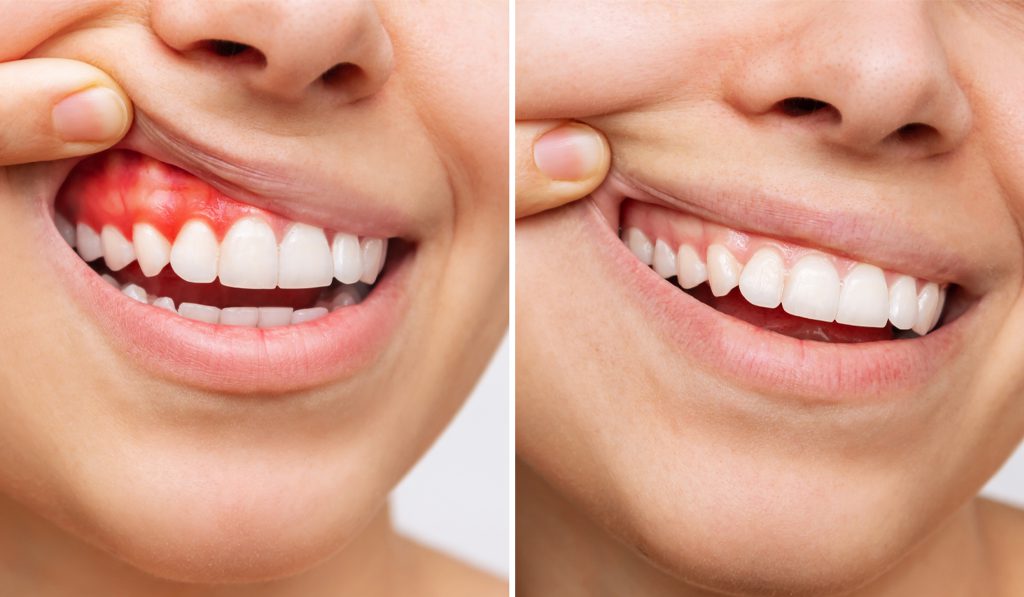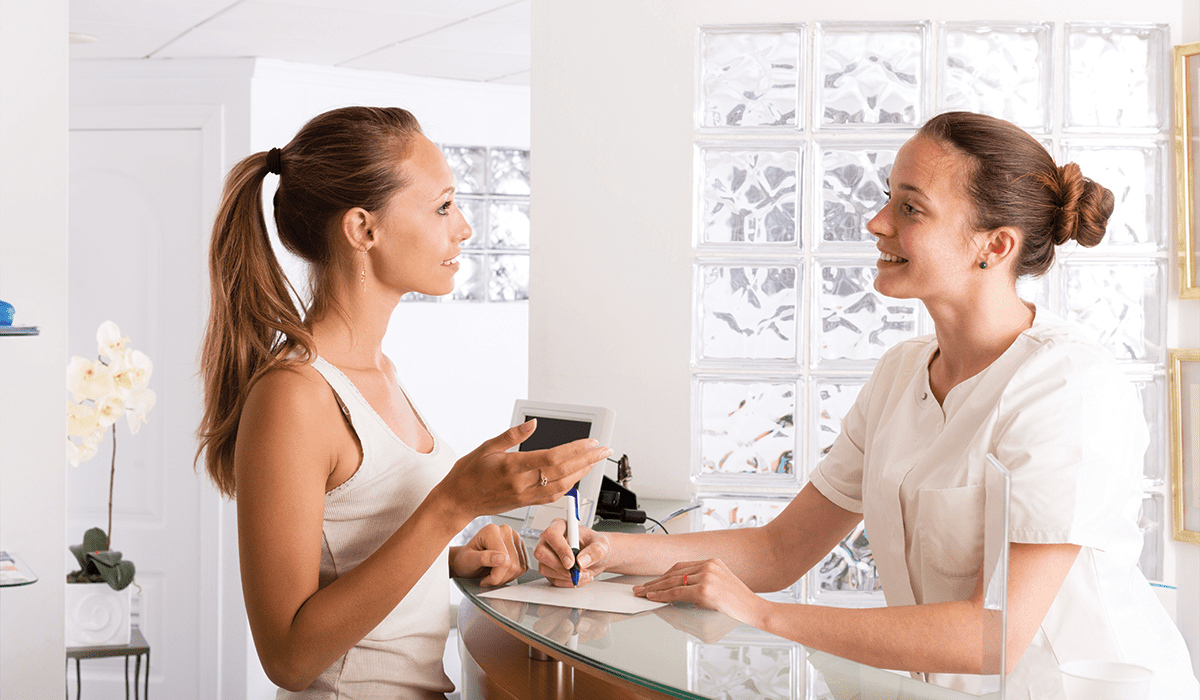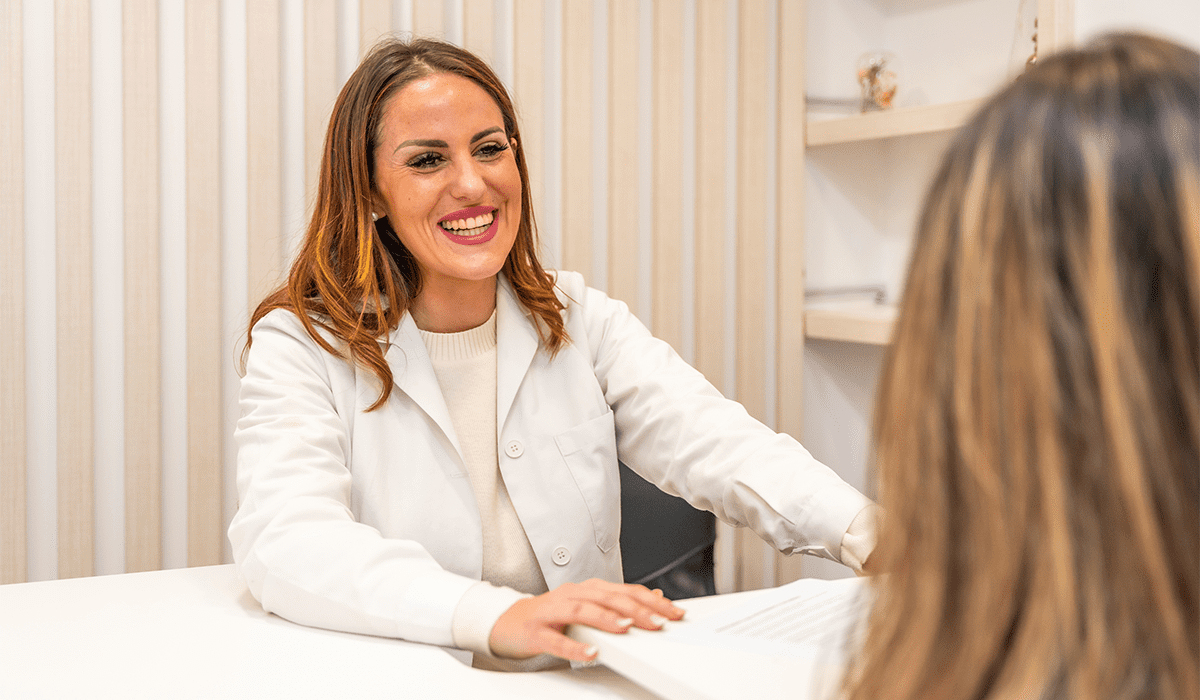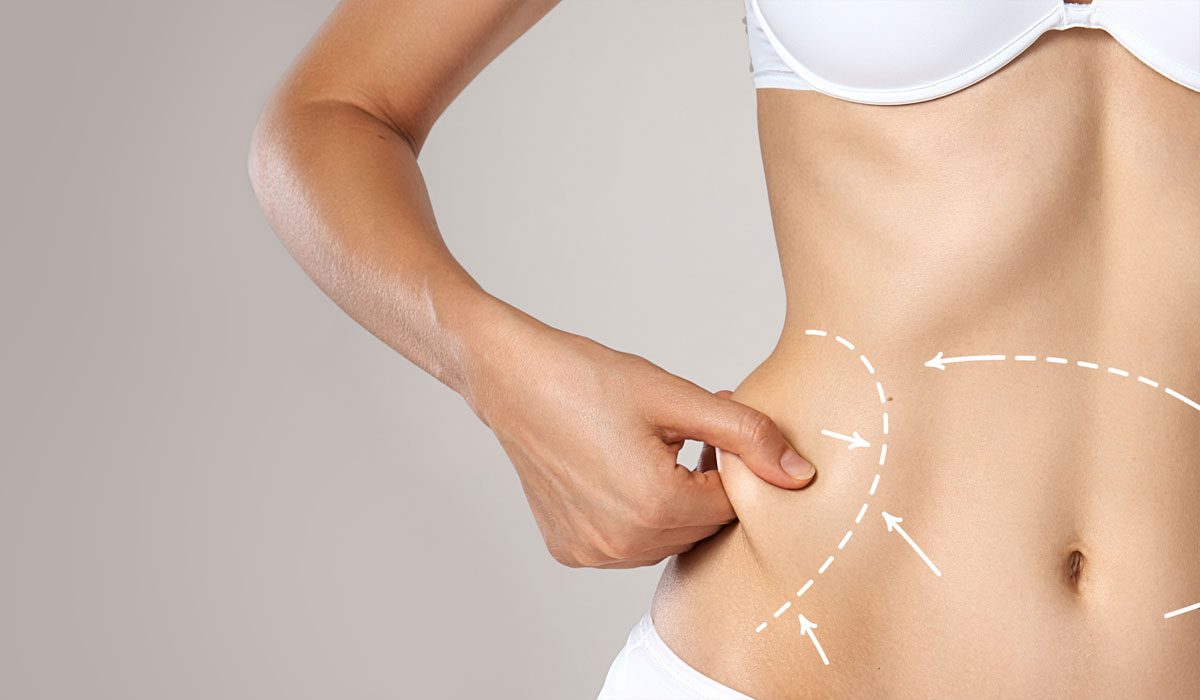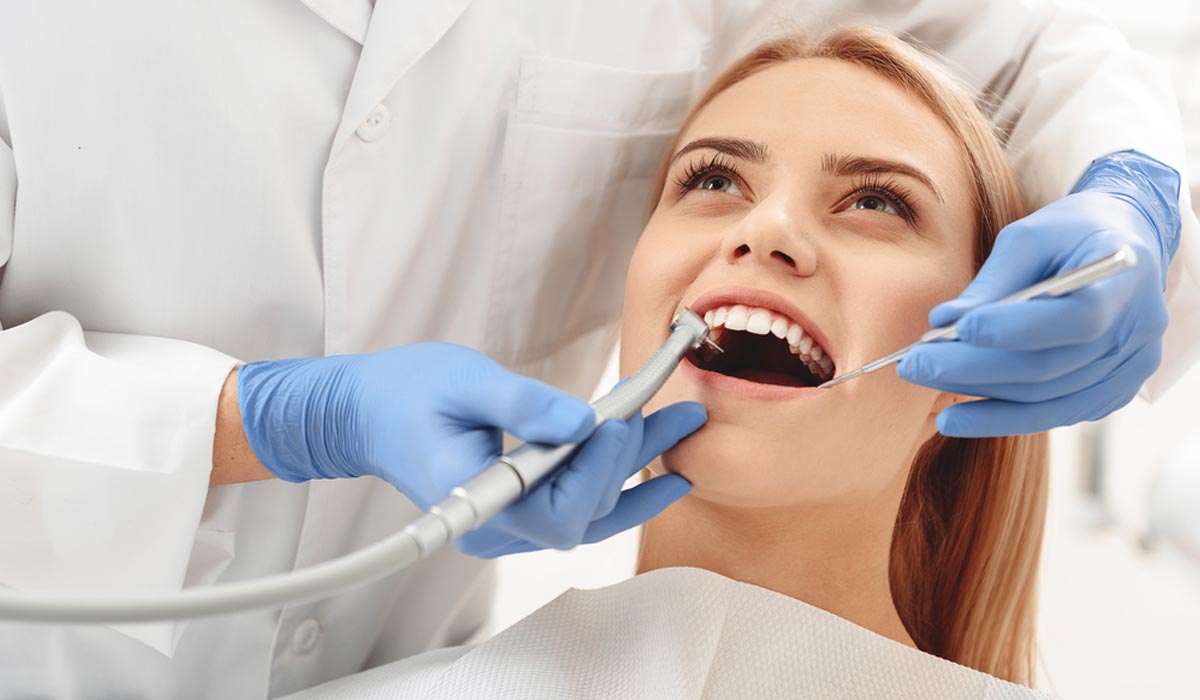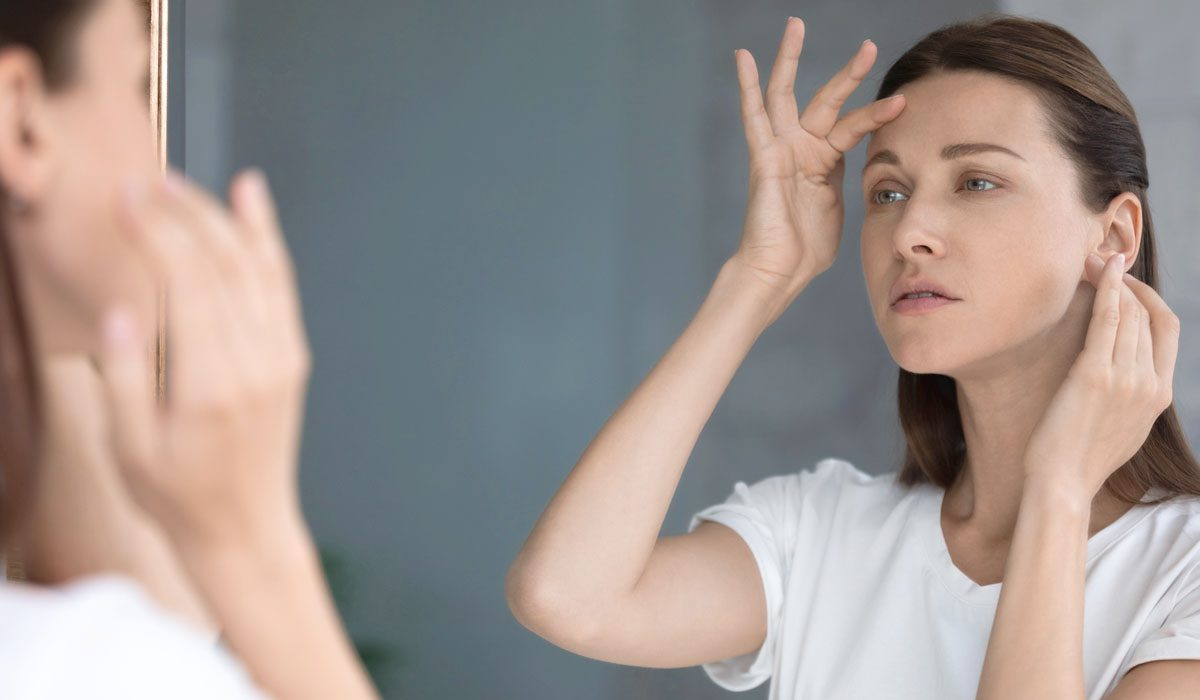Are Dental X-Rays Safe During Pregnancy?
Dental imaging is one major reason for anxiety among would-be parents and apparent reasons. Due to hearsay, many women have inhibitions in seeking treatment related to their oral health when they are carrying. They are naturally concerned about risking the health of the unborn child and their own health.
If you are pregnant and need to get your teeth treated and your dentist advises an x-ray, one of the best things is to consult your gynecologist before proceeding. But what do the medical fraternity and research have to say about this? Let us find out.
Dental X-rays – What Is It?
Diagnostic X-rays consist of electromagnetic radiations that pass through the projected area of the body and travel to an X-ray detector on the other end, where an image gets captured. Since teeth and bones are dense entities, the image on the X-ray film is white or in high contrast. Any gaps, holes, cavities, tooth decay, gum problems, or any other issue in the mouth will show in gray.
Dentists use different kinds of X-rays. The common ones are:
- Bitewings are used to detect tooth decay or gum issues.
- Panoramic for the evaluation of the whole mouth.
- Full-mouth X-rays are 20 X-rays to determine the person’s overall dental health.
- Periapical is to determine the cause of issues in a focused area.
Dental imaging becomes necessary for the dentist to understand the exact condition of the mouth and accordingly carry out further procedures.
Why Should You Consider Dental X-rays When Pregnant?
First and foremost, you must always inform your dentist if you are pregnant. The dentist will assess the condition of your teeth and gums and recommend radiation only if necessary. When they do so, it is because the benefits outweigh the risks.
A pregnant mother must prioritize oral health. As per a study, almost 40% of pregnant women suffer from tooth and gum diseases. Therefore, treatment is a must because, if left untreated, the condition can cause harm to the health of the mother and the fetus. In addition, since digestion begins in the mouth, bacteria and germs in the oral cavity can enter the bloodstream, resulting in different complications.
Concerns
As per the American Dental Association, preventive, restorative, and diagnostic oral treatment is thoroughly safe all through the nine months. The Food and Drug Administration (FDA) and the American College of Radiology (ACR) mention something similar about X-rays. They say that an X-ray examination of the upper torso, viz. arms, teeth, head, or chest, does not expose the reproductive organs of the woman to direct X-rays. Hence, these procedures, when done well, do not put the unborn child at any risk. However, imaging of the lower torso, including the pelvis, abdomen, kidneys, etc., can be risky for the fetus.
Medical Research’s Viewpoint
The USNRC, or the United States Nuclear Regulation Commission, recommends less than 5.0 μSv exposure for the unborn baby as the threshold limit during pregnancy.
Any kind of imaging in the mouth usually is associated with a minuscule amount of radiation. Since it is in the upper part of the body, there are minimal chances that the embryo is exposed to it. With the help of a leaded apron, the amount of foetal dose can be reduced even further.
The FDA, ACR, and the American College of Obstetricians and Gynecologists (ACOG) mentioned in a joint publication in 2017 that radiations to the mouth and the teeth will not expose the female reproductive organs to radiation directly. Thus, dental X-rays are perfectly safe during pregnancy.
There are no known side effects of dental X-rays on the mother or the fetus. However, the unborn baby is susceptible to diagnostic radiation that could result in certain diseases later in life, birth defects, childhood diseases, etc.
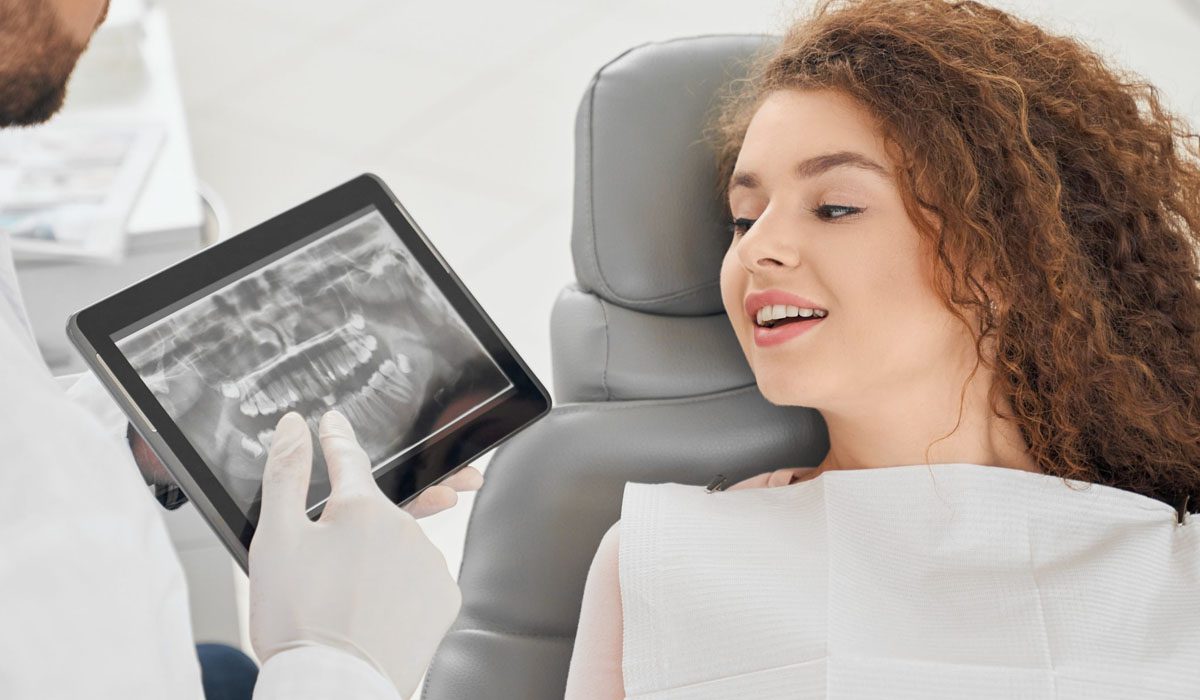
Minimizing Risks
It is natural for parents to be concerned if the pregnant mother is advised to have an X-ray. That is why it is crucial to have a conversation with the primary healthcare provider and the dentist once pregnancy is confirmed. Let them know about the mother’s medical history so that an optimized choice can be made.
A lead apron is one of the best ways to protect the reproductive parts and the fetus. It is an extra layer of protection. The dentist will place a heavy apron on the abdomen of the patient to minimize radiation exposure. It is a heavy apron but is considered to be absolutely safe to protect the fetus at different trimesters.
Even for nursing mothers, a dental X-ray is safe. No study yet shows that radiation to a breastfeeding mom is transferred to the newborn through the mother’s milk.
Choosing the Right Option
Some women proactively decide not to undergo radiation and tests and limit their exposure when pregnant.
Keeping the dental team informed is the right step. Then, the dentist will work with the patient to develop a bespoke treatment plan that ensures good health for the mother and the child.
Many a time, women agree to dental X-rays after their first trimester. This is because the first trimester is the most crucial for the growth of the fetus. Though there is not much medical evidence behind this thought process, this can be a good option considering the health of the mother and the baby and the parents’ peace of mind.
If not urgent, your dentist will advise postponing routine imaging tests till the baby is born. In this case, it is best to follow the recommendations of the expert because, in the end, remember oral health is critical for a healthy mother and baby. However, in the case of any dental emergency, there is no option left other than going ahead with the dental X-rays.
Conclusion
The scientific and medical community globally mentions that dental X-rays during pregnancy are nothing to be worried about. Added to that, technological advancements have helped raise the safety bar. Today, dental teams are trained to follow stringent internationally-accepted safety procedures and standards. In addition, the dental equipment used must be licensed with mandatory regular inspections.
Modern X-ray machines use a short exposure time and use lesser radiation levels, thus, making the procedures even safer. In addition, digital images are used these days, which in turn, dramatically reduces radiation exposure. CBCT or Cone Beam Computerized Technology offers accurate imaging while ensuring minimal exposure.
Why 7DMC?
7DMC’s Department of Dentistry is one of the most credible dental offices in Dubai. Offering a comprehensive range of treatments, equipped with state-of-the-art infrastructure, and aided by an expert dental team, you are in the safest hands here. You can be 100% confident of the best dental care during your pregnancy.
References:
fda.gov/radiation-emitting-products/medical-x-ray-imaging/x-rays-pregnancy-and-you
dentalhealthsociety.com/general/can-you-get-dental-x-rays-while-pregnant/
iaea.org/resources/rpop/health-professionals/dentistry/pregnant-women

